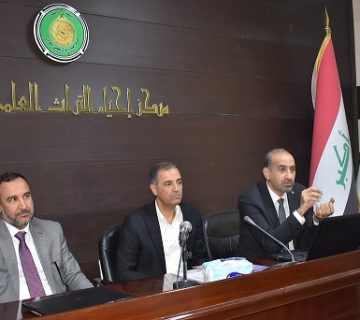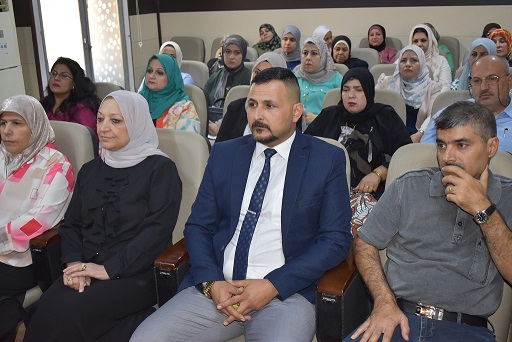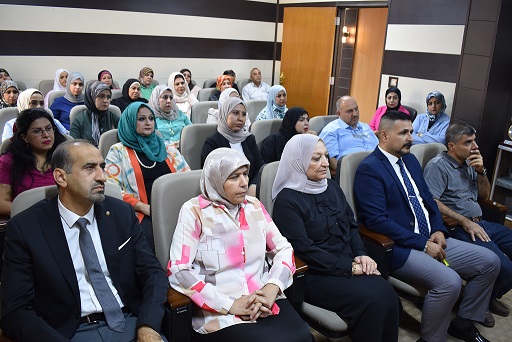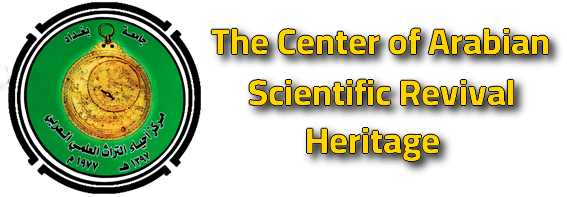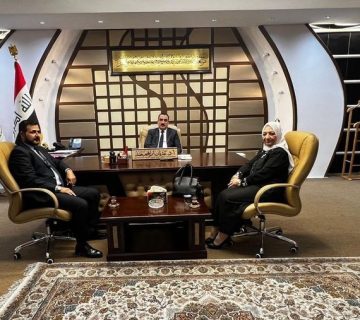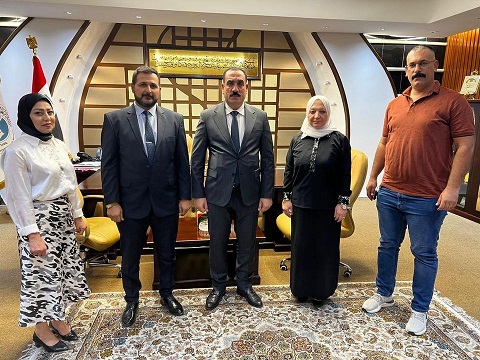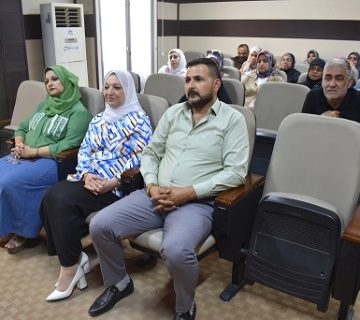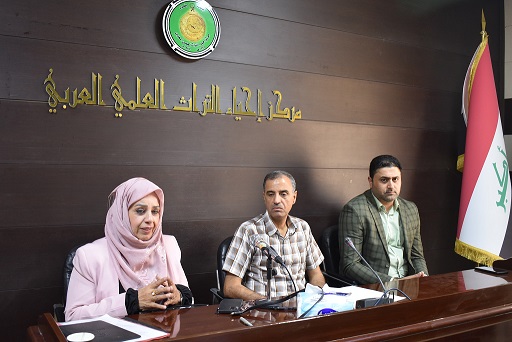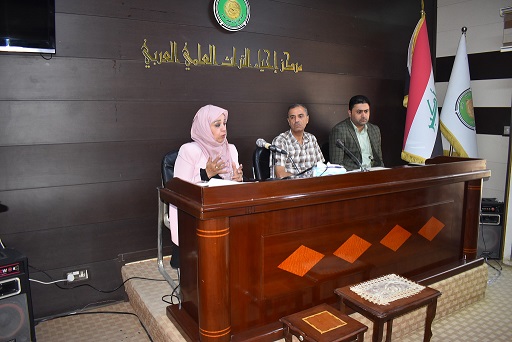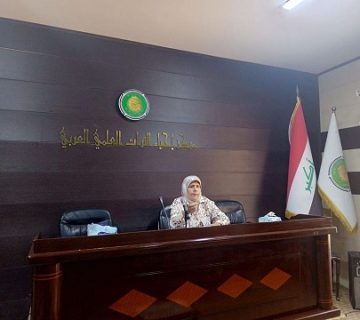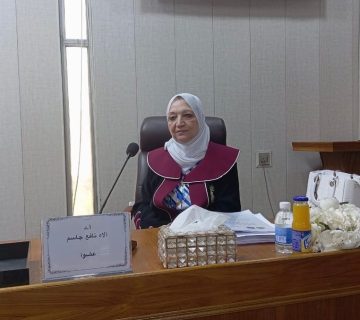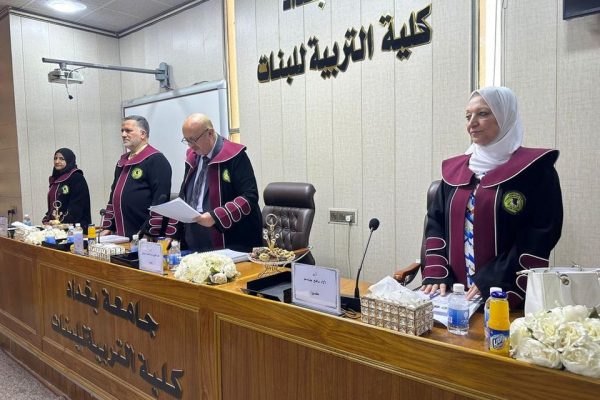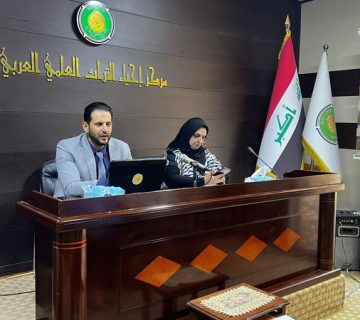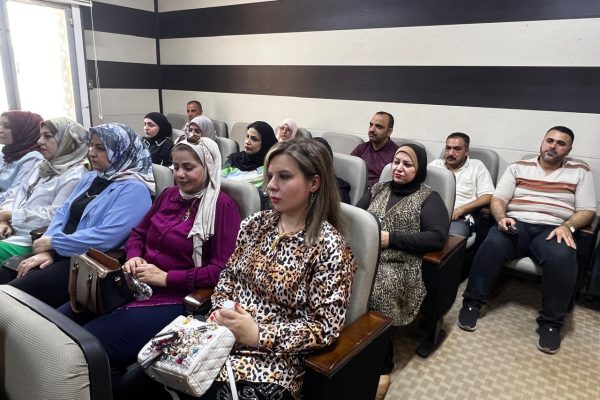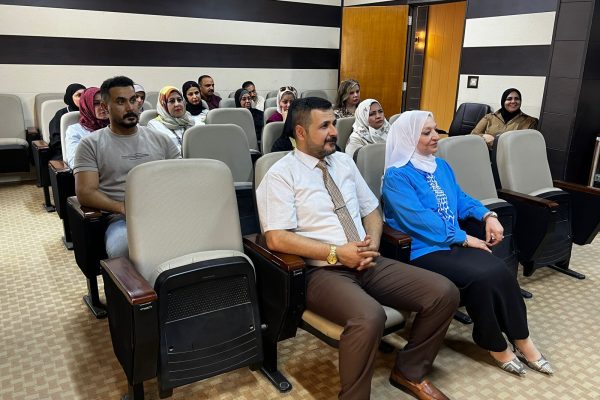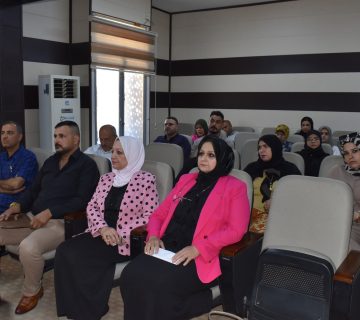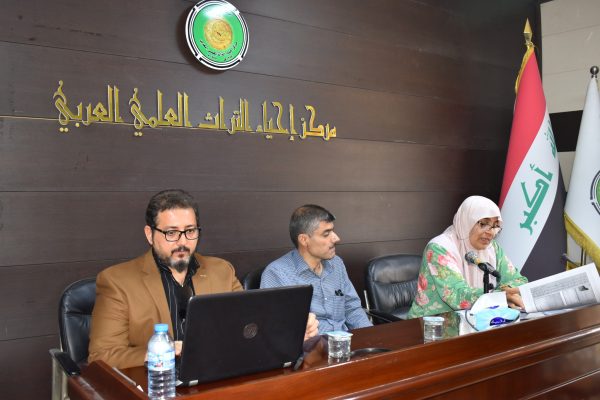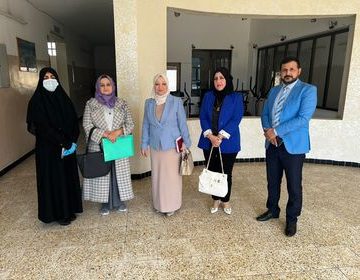Under the supervision of Professor Dr. Alaa Nafia Jassim, (Director of the Center), the Center for the Revival of Arab Scientific Heritage at the University of Baghdad organized , a workshop entitled (Iraq is the Land of the First craft) where sited on Monday corresponding to 5th /27/2024, in the hall of Professor Nabila Abdel Moneim, with the presence of a number of professors and researchers, The lecture was presented by Dr. Amna Fadel, Director of the Iraqi Museum Library, speaking about cuneiform writing, the most important major cultural achievement achieved by ancient Iraqi man, as it comes at the top of the material evidence of cultural maturity in Mesopotamia. If it had a great role in establishing the foundations of the recorded history of humanity, it also left a great impact on the entire human civilization. If it were not for it, man would not have been able to record his science, knowledge, and heritage and pass it on to generations.
Writing was invented in southern Mesopotamia, as it was not the only achievement, but there are many cultural achievements that coincided with the invention of writing, such as various arts such as sculpture, architecture, seal making, etc. The role of Uruk was clearly defined around the year 3000 BC. There is evidence that indicates that the cuneiform script spread in an early era outside Mesopotamia, almost two centuries after the appearance of writing in Sumer around 3200 BC. What is known among specialists as (proto elamite writing), which dates back to the Jemdet Nasr era in Iraq, appeared in the city of Khuzestan Susa, the capital of neighboring Elam. In conclusion, the center director thanked the lecturer and wished her continued success.organizes a workshop
